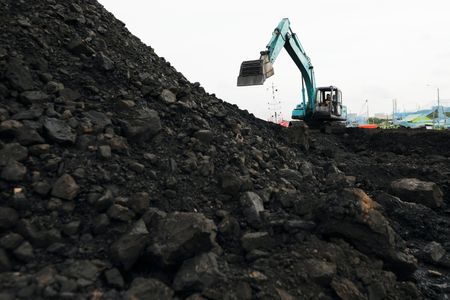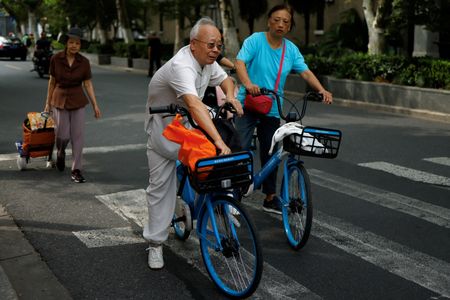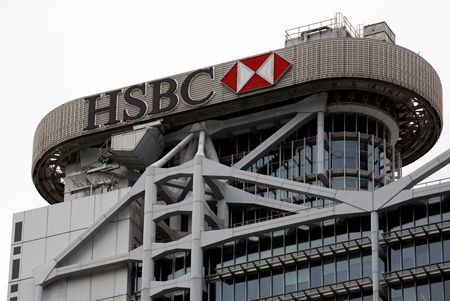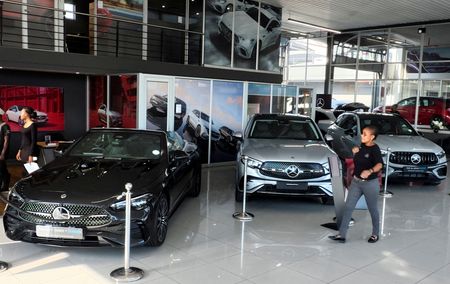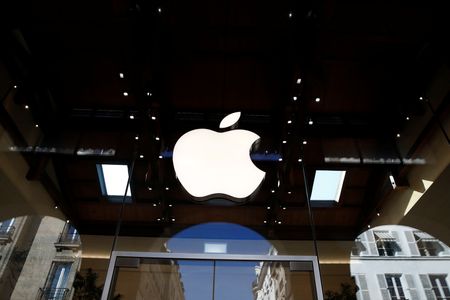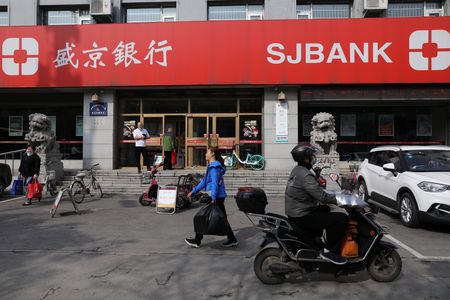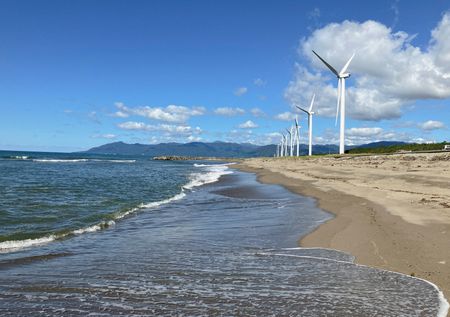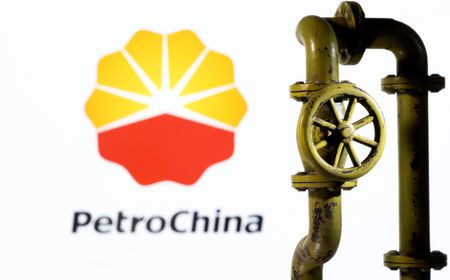By Colleen Howe, Bernadette Christina and Fransiska Nangoy
BEIJING/JAKARTA (Reuters) -Indonesia’s push to roll out a government-set price for coal is not gaining traction in top buyer China, undermining Jakarta’s attempt to exert more leverage over its commodity exports.
Indonesia began using the new government-set price, known as HBA and previously used only to calculate royalties, on March 1 to exert more national control over the value of both domestic and export transactions for the fuel commodity.
Almost two months in, though, the majority of Chinese buyers are not using HBA and most shipments are still priced with the old Indonesian Coal Index (ICI), according to two Chinese coal traders. Traders say the new benchmark is opaque and updated less frequently. It’s also more expensive.
The Indonesian Coal Mining Association told Reuters most exporters weren’t using the price either, in part because buyers are more familiar with the ICI pricing mechanism.
“We have conducted an assessment and we are reviewing the impact. When it’s done, we will convey the results to the leadership for policymaking,” said Julian Ambassadur, a director at Indonesia’s Energy and Mineral Resources Ministry, when asked about concerns with the HBA policy so far.
Julian declined to share details of the ministry’s assessment and did not comment on the weak take-up of the HBA benchmark.
Indonesia, the world’s top thermal coal exporter, still struggles to influence the pricing of its coal exports to China, worth $17.2 billion last year according to China’s customs data, underscoring the challenges it faces in asserting its role in global commodity markets as it works to reform its mining industry and boost domestic processing of its mineral resources.
The new benchmark was meant to be applied to spot trades from the beginning of March, with exporters expected to honour ongoing long-term contracts priced using the ICI benchmark, according to guidance from the ministry.
Josua Pardede, chief economist at Permata Bank, said the new pricing policy was aimed at increasing revenues for coal exporters and the government. But he said the strategy could “backfire” if higher prices pushed buyers elsewhere.
An Indonesian coal firm told Reuters on condition of anonymity that high HBA prices were making the switch difficult and that the company is still using the ICI for sales.
Since many producers are already operating at a loss, the policy could also deter investment in Indonesia’s mining sector, said Toby Hassall, lead coal analyst at LSEG.
WEAK CHINESE DEMAND HITS PRICES
Weak demand in China and India, the two biggest buyers of seaborne coal, is also undermining Indonesia’s pricing power, said Su Huipeng, an analyst from the China Coal Transportation and Distribution Association (CCTD).
China’s coal imports were down 6% year-on-year in March to 38.73 million metric tons because of weaker domestic demand and prices, customs data showed, with shipments from Indonesia down even further at a 9% drop.
Major importer China Shenhua Energy suspended purchases of imported coal entirely in March because of rising port stockpiles.
Analysts expect China’s coal imports to fall this year compared to 2024, further undercutting Indonesia’s leverage.
CCTD has forecast imports will fall about 2%, while analysts at Guosheng Securities have estimated China’s thermal coal imports – which made up virtually all of Indonesia’s coal shipments to China last year – will decline by 5%.
(Reporting by Colleen Howe in Beijing, and Bernadette Christina and Fransiska Nangoy in Jakarta; Editing by Tom Hogue)

